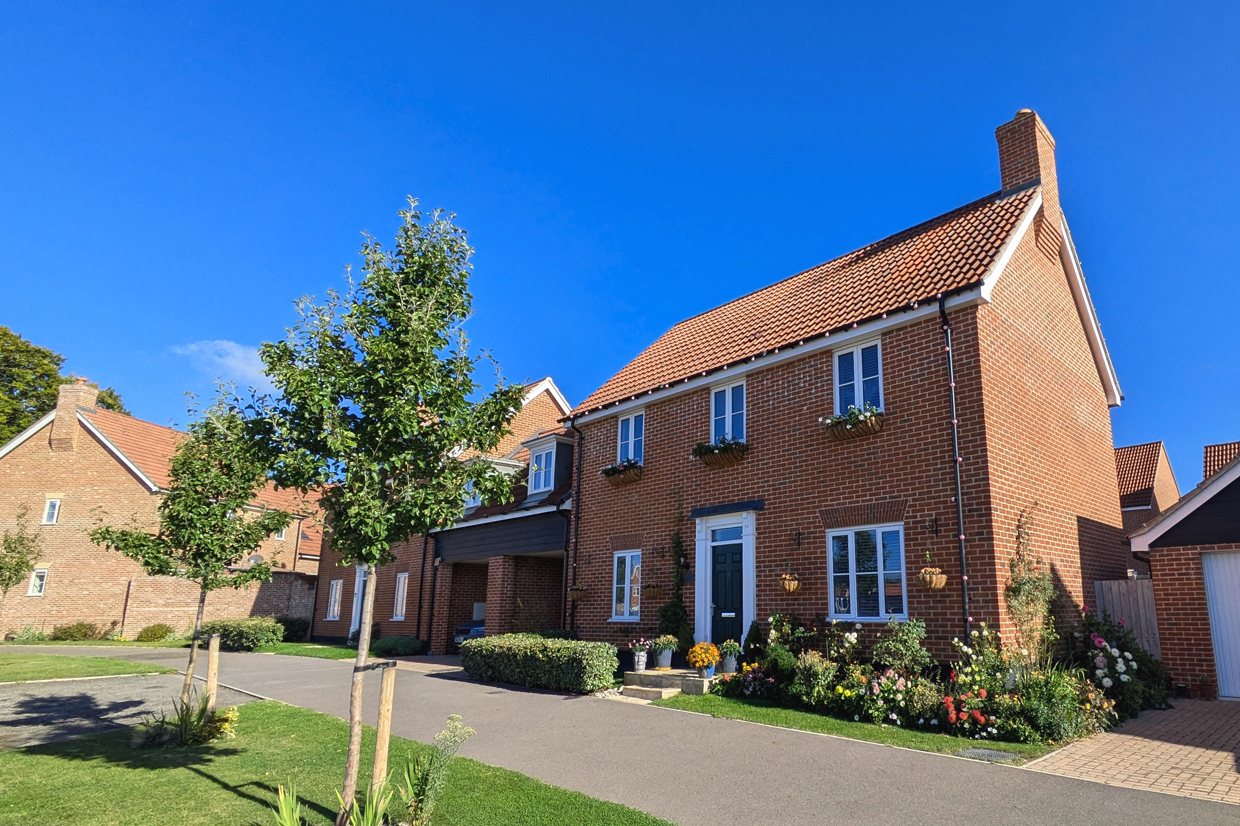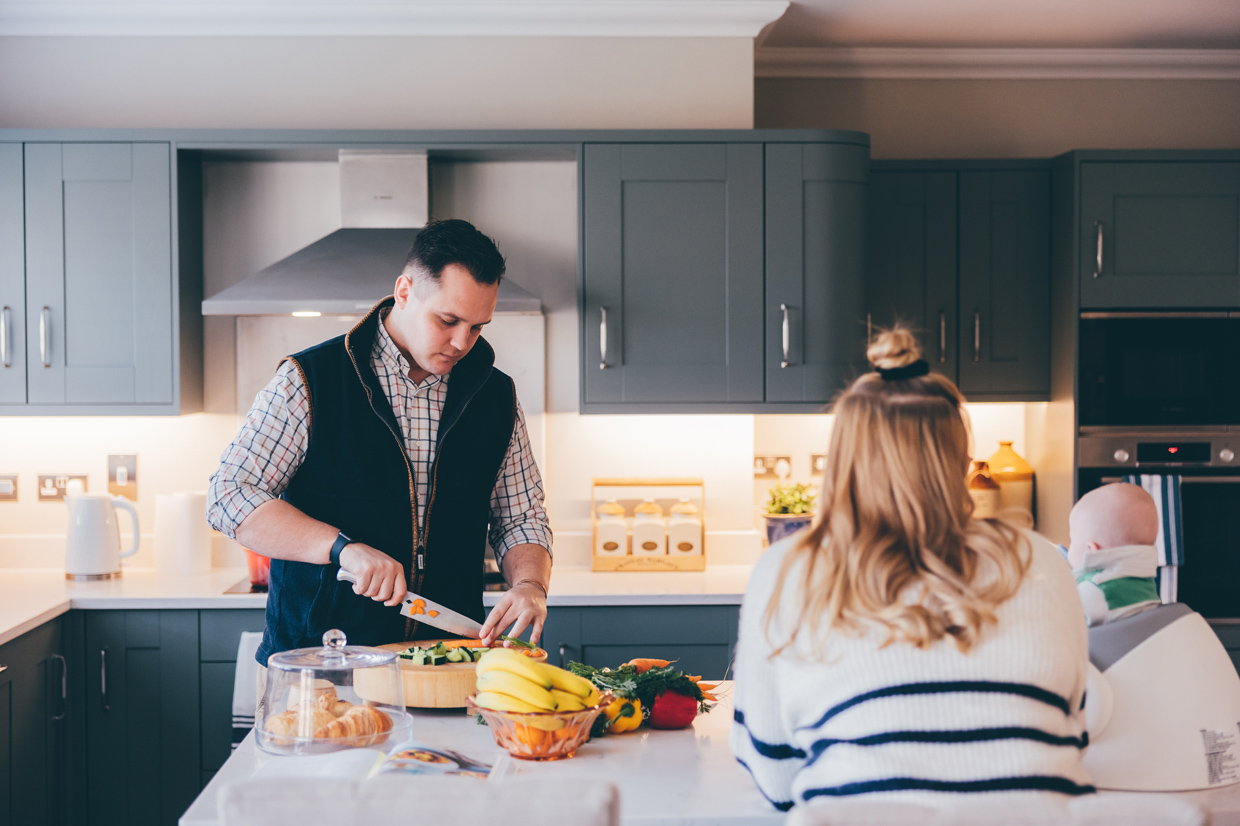What You Need to Know About Mortgage Affordability
Before you take out a mortgage on a property purchase, the lender will need to carry out mortgage affordability checks. This establishes how much you can afford to borrow and whether you can comfortably afford the monthly mortgage repayments: reassuring for both parties.
While we always recommend our customers use an independent mortgage advisor to guide them through the mortgage process, we’ve put together some information to get you started.
Determining Your Mortgage Borrowing Power
If you’re buying a property, you’re probably going to need a loan in the form of a mortgage. The mortgage lender needs to be assured that you’re able to meet the monthly repayments, so will carry out a mortgage affordability check.
Every bank or building society has slightly different criteria for assessing mortgage eligibility. However, broadly, here’s what they take into account.

Factors Affecting Mortgage Affordability
Income. A steady income is essential for securing a mortgage. If you’re applying with your partner, a joint income means that you can afford a larger mortgage.
Employed / Self-Employed. Don’t panic if you’re self-employed. If you have two or three years’ of accounts, most lenders are happy to discuss options with you. Different lenders have different criteria for self-employed applicants, so seek advice from an expert advisor.
Deposit. The larger the deposit you can put down on a property, the less you’ll need to borrow and the smaller the monthly repayments.
Credit rating. The higher the score, the lower the risk. Lenders will be looking to see how you’ve handled debt, credit and repayments in the past in order to predict how you’ll manage your mortgage in the future. If you rate highly, it might even lower your monthly repayments.
Expenditure. Your potential lender will look at your monthly expenses, your spending habits and any past debt. Because you’re going to be asked a lot of questions about your monthly income and outgoings, you’ll feel more in control if you already have these worked out and presented in an organised, sharable form.
If you are self-employed or have credit issues that make you think you are ineligible for a mortgage, reach out now. Speak to one of our recommended Independent Financial Advisors, as you may be surprised to find that they can help.

Monthly Mortgage Repayments
The first question you need to ask yourself is “How much can I borrow?” Before you get down to the nitty-gritty of how much your monthly gym and streaming subscriptions cost you, it’s a good idea to work out roughly what you can afford.
You can find out how much you can borrow and what your monthly payment will be by using an online mortgage calculator.
If you want a quick ballpark figure based on income and deposit size, enter this information into the Rightmove mortgage calculator. This affordability calculator will give you an idea of your borrowing capacity and monthly mortgage cost.
However, as many borrowers learned in 2022, the wider economy can have a huge impact on interest rates, which will change your monthly repayments. Some lenders offer a fixed-rate mortgage, where the interest rate you pay remains the same for the duration of your agreement, whatever is happening in the financial markets. Discuss the pros and cons of fixed versus variable mortgages with your professional mortgage advisor.

Additional Costs to Consider
Because a large deposit will reduce your monthly mortgage amount, it’s tempting to throw everything you have into a hefty down-payment. Before you do this, here’s a quick check list of some of the other expenses a typical home buying process will incur.
Stamp Duty Land Tax (SDLT). This is an additional tax incurred if you buy a property or land valued at more than a certain amount. For the latest thresholds, see the Government information about SDLT. Please note: this system is different across the UK.
Building Insurance. You need to have insurance in place for your new property from completion day. Some mortgage lenders won’t proceed until this has been organised.
Other insurance. As well as buildings insurance, there are other policies to consider (such as life insurance and critical illness cover).
Solicitor fees. The legal fees (conveyancing) can often run into four figures, depending on how complex your property purchase is. A leasehold home, for example, can require more legal legwork than a freehold.
Surveyor fees. While they aren’t a legal requirement, surveys are often seen as a good idea, especially with older or more unusual properties. You might need a specialist survey based on the surrounding area, such as a mining survey. New build properties sometimes have “snagging surveys” to make sure that the work meets the required standards.
Mortgage fees. These can include arrangement fees, broker fees and valuations.
Moving costs. There’s more to this than hiring a removal firm or van. There could be costs specific to you, which could mean anything from temporary storage to cattery fees. If you’re a sole trader, you’ll also have to factor in lost income. From cardboard boxes to extra tea bags and takeaways, there are a lot of hidden costs involved with moving house.

Conclusion
Finding a home and securing a mortgage can seem quite daunting, especially if you’re a first-time buyer or about to take a step up. However, there’s plenty of support and advice available, and having a clear idea of your own income, expenditure and borrowing capacity can get you off to a real head start when seeking loan approval.
Take a look at our Buyer’s Guide for more information about buying a property, and have a chat with a professional mortgage advisor sooner rather than later.
Find your dream home with Hopkins Homes. Explore our new build developments to find the perfect space for you.
Feel free to get in touch with any questions, we’re always happy to help!